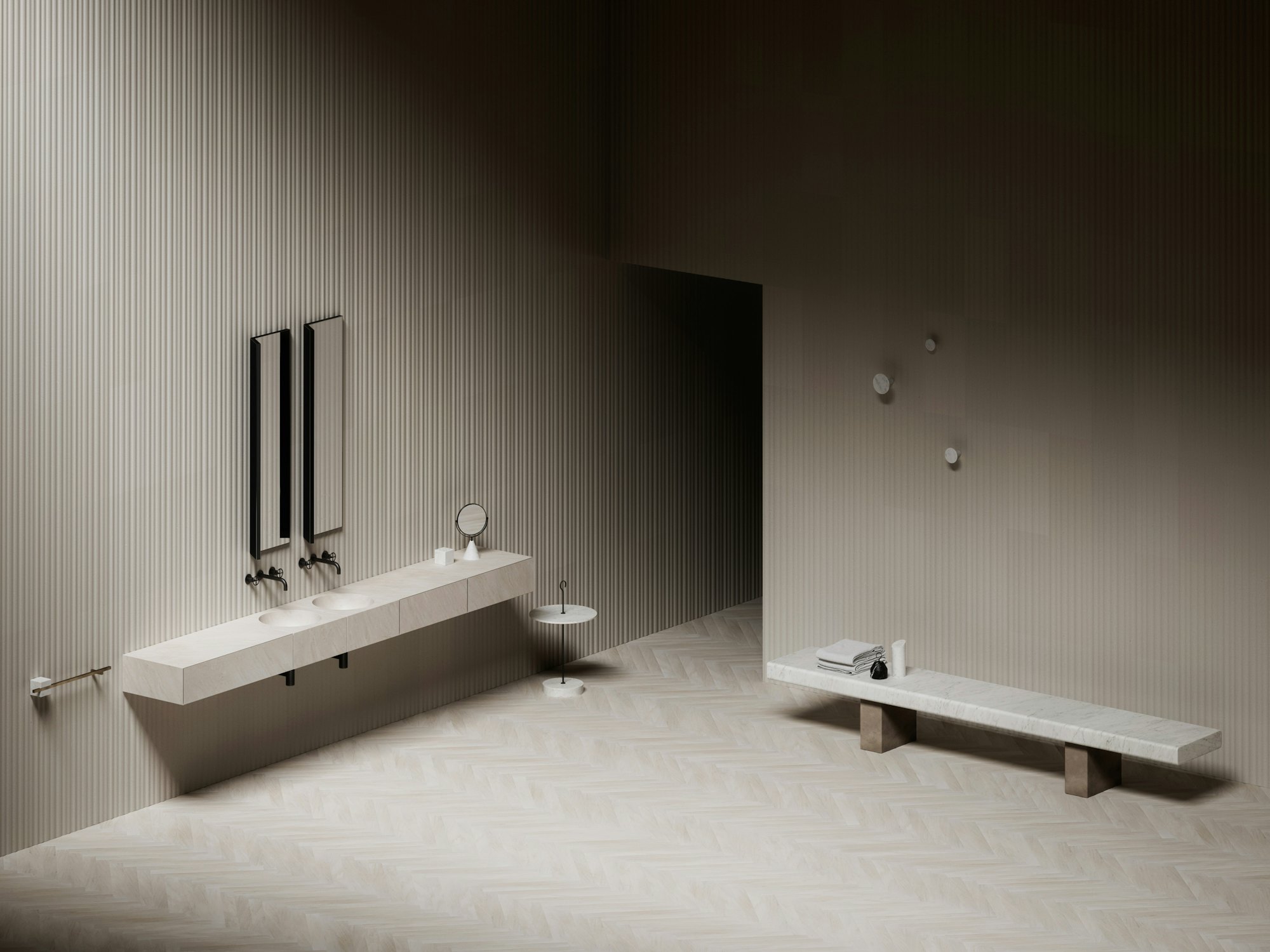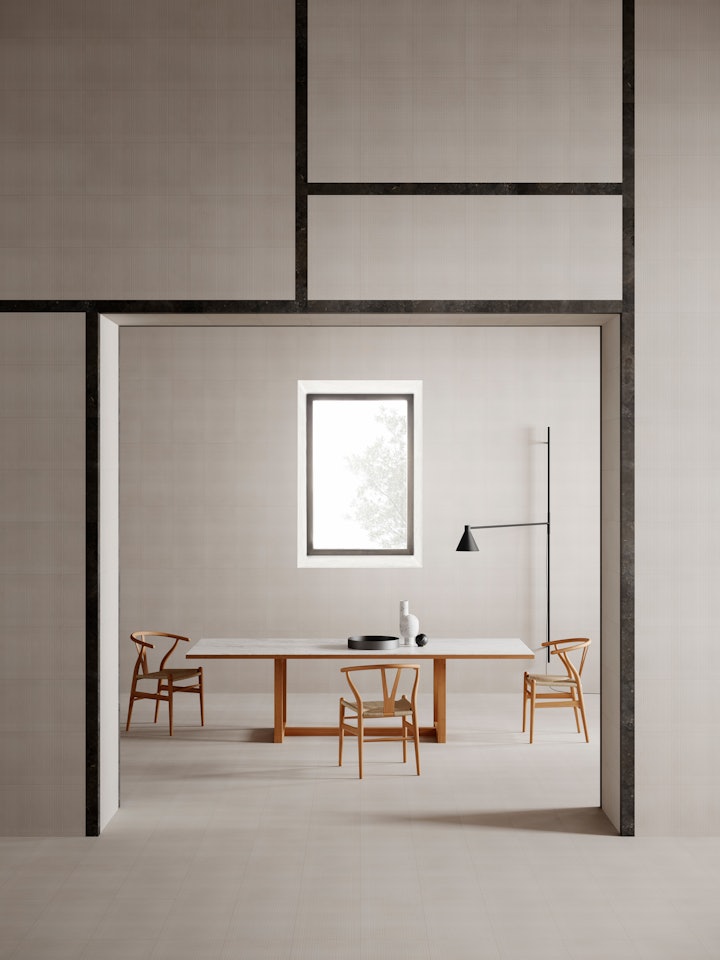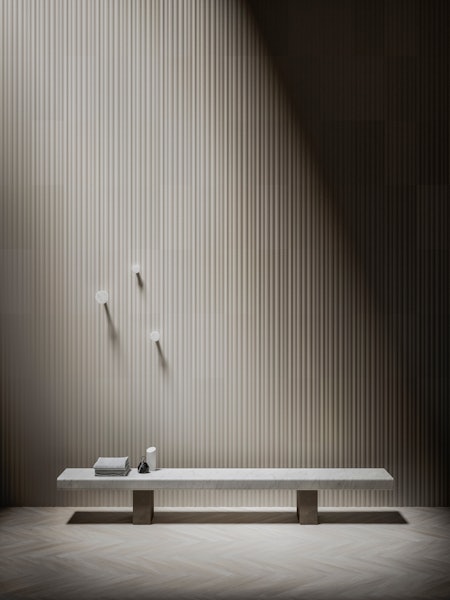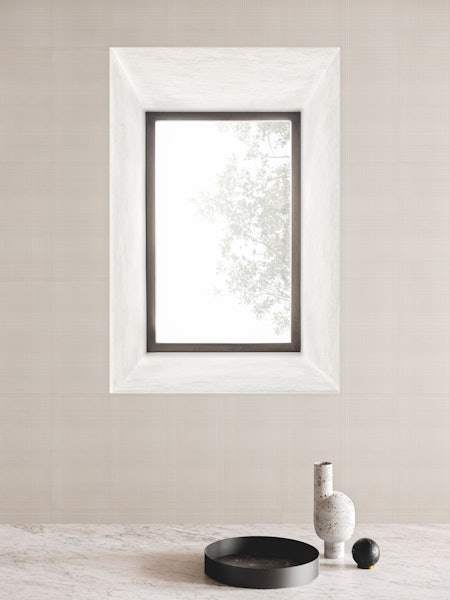Useful Links
Search products by name
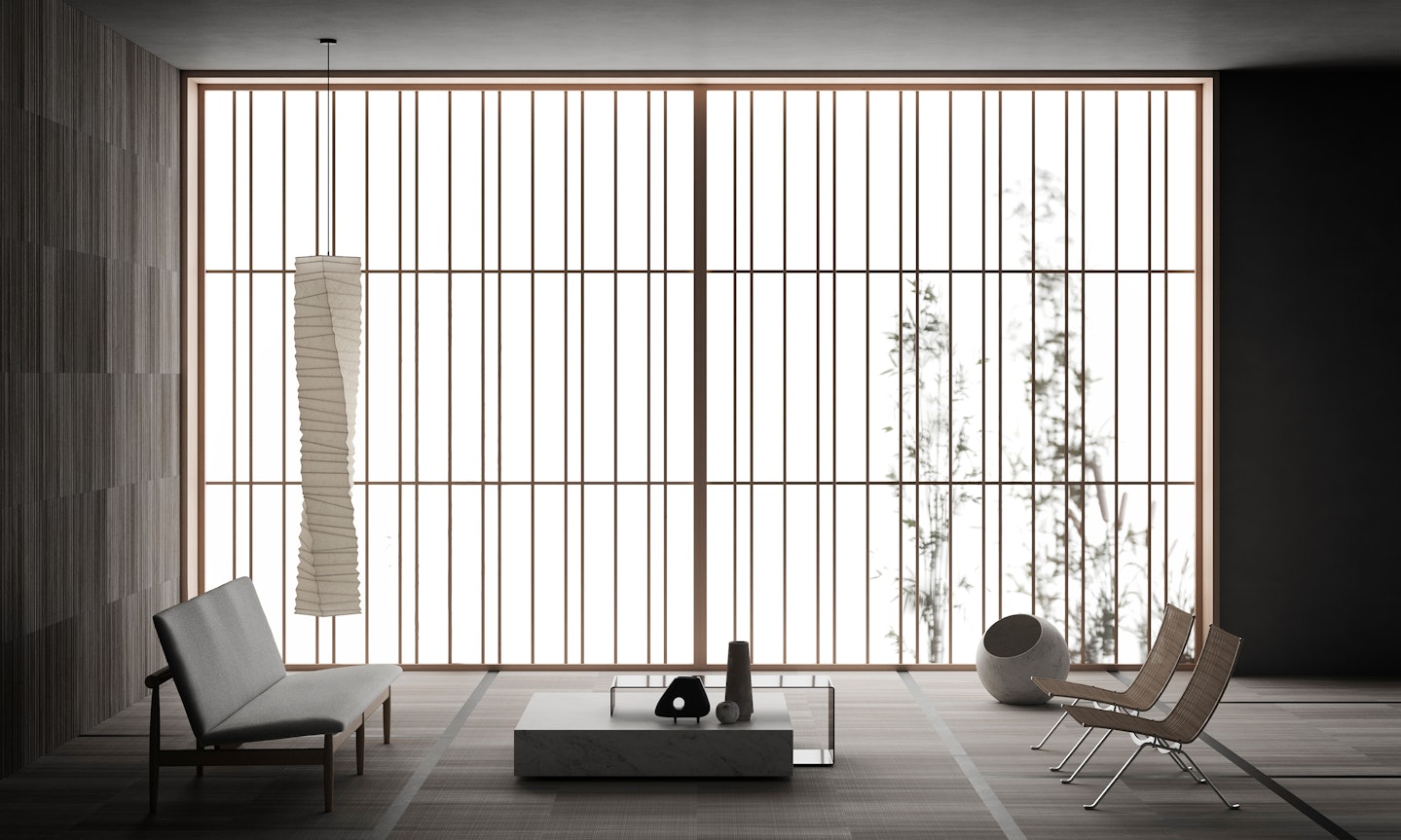
“Were it not for shadow there would be no beauty” writes Japanese author Junichiro Tanizaki in his 1933 essay In Praise of Shadows.
From the discreet joys of traditional lacquerware to the visual intricacies of Japanese cuisine, to the pitfalls of the West’s overzealous approach to lighting, Tanizaki paints a picture of an aesthetic culture deeply concerned with authenticity, rigour and delight.
“We do not dislike everything that shines,” he writes, “but we do prefer a pensive lustre to a shallow brilliance, a murky light that, whether in stone or an artefact, bespeaks a sheen of antiquity.”
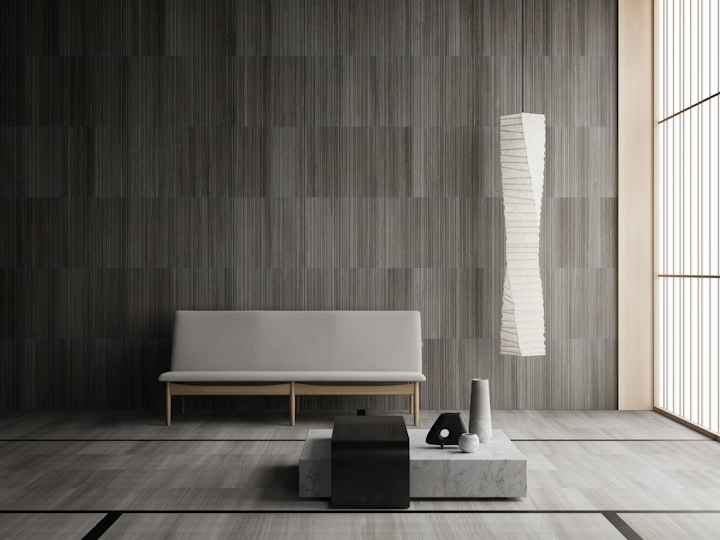
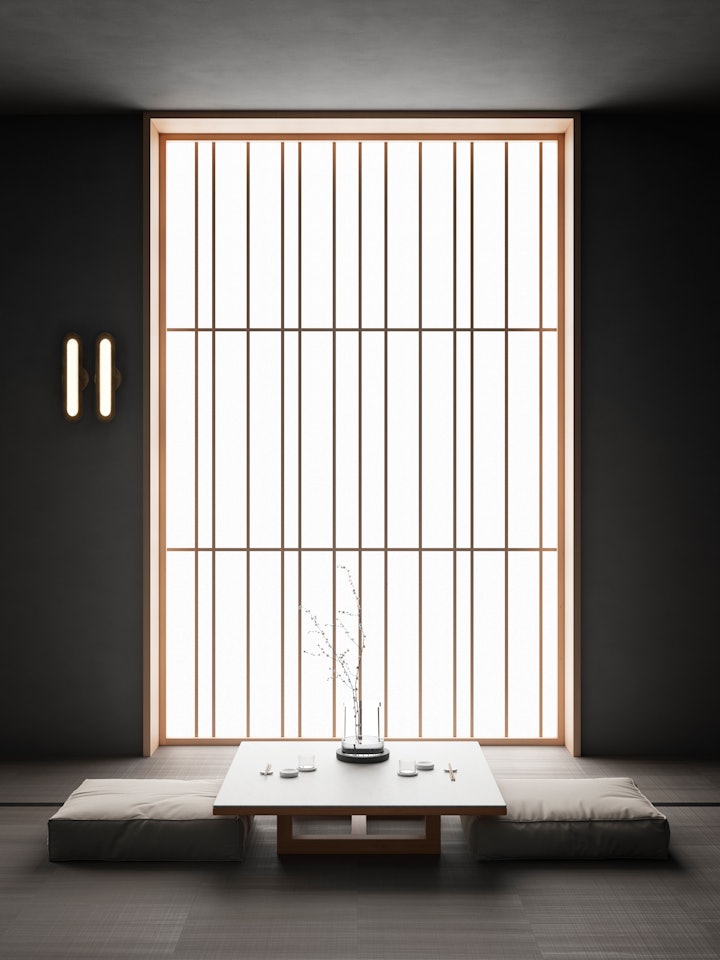
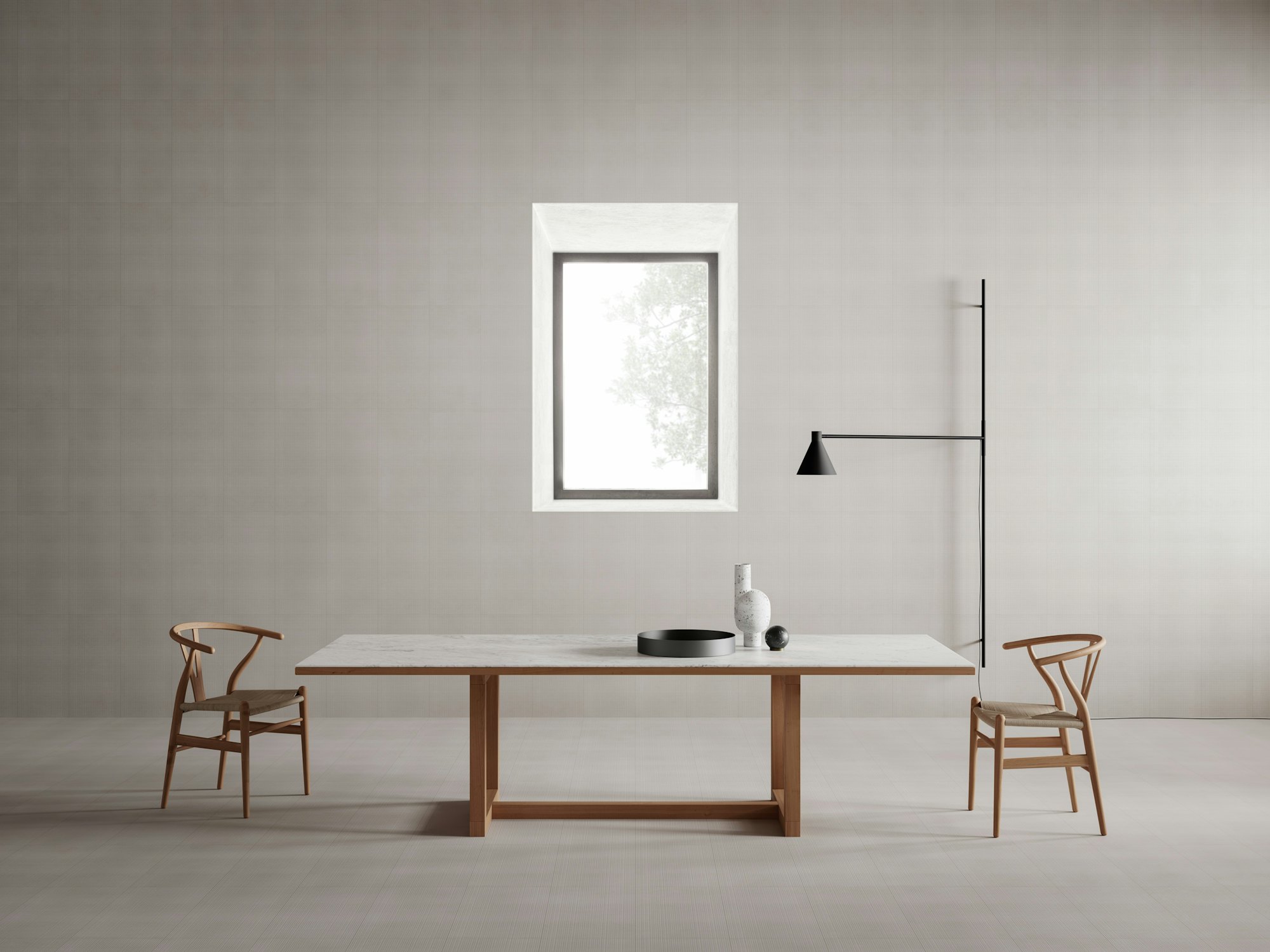
“Were it not for shadow there would be no beauty”
